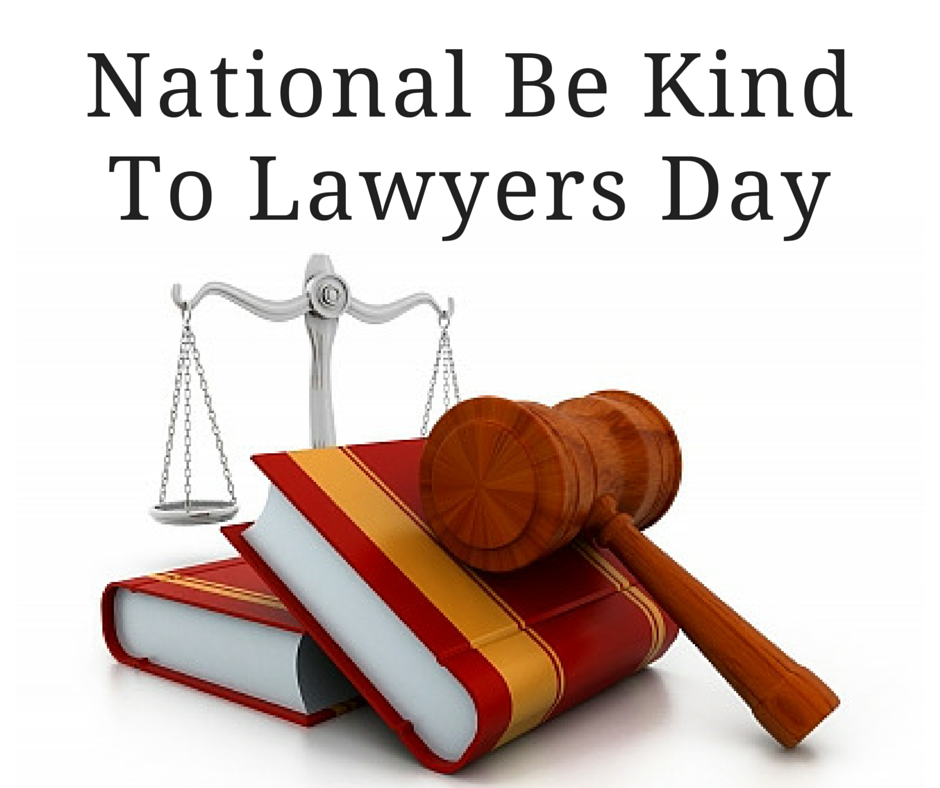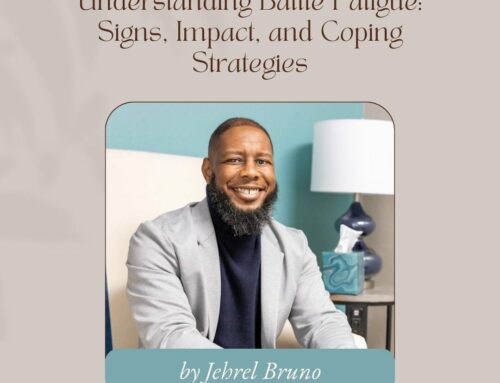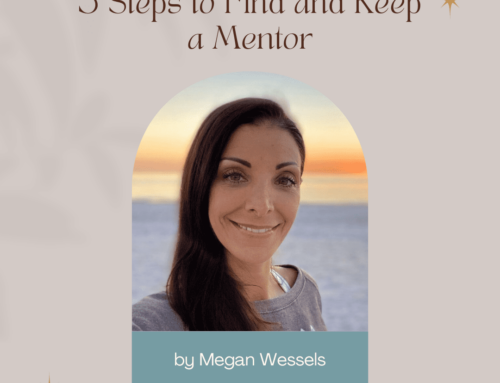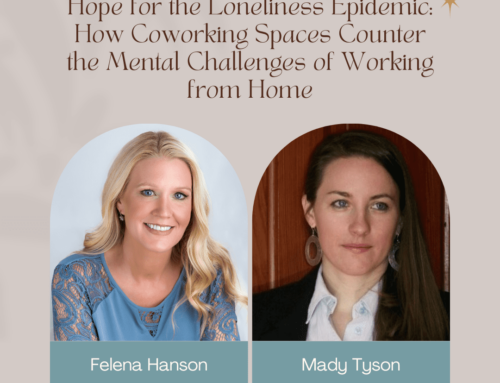The Paradox of the Warrior
In a 2013 Pew Research Center study of perceived contribution to society, lawyers hit rock bottom on the list of professions, with only 18% of the population considering lawyers to contribute “a lot” to society. Soldiers, however, were at the top of the list with a whopping 78% vote of confidence.
It got me to wondering why “fighting for freedom” with bullets is thought to be so much more important to our society than “fighting for freedom” in courtrooms.
Lawyers fight to preserve Constitutional freedoms. In 1787, a Constitutional Convention was assembled among founding fathers of our country (mostly lawyers) to create a new form of government. Despite the creation of this then-novel, now time-tested, form of government, ratification of this document could not have happened without the addition of a Bill of Rights that presented clear limitations on governmental intrusion into our lives.
Now, it’s one thing to have a document hanging in the Smithsonian Museum reciting an intent to preserve freedoms, it is quite another to preserve those freedoms on a daily basis. Who acts as the watchdogs of those freedoms? Lawyers. Who ensures that everyone accused of a crime is entitled to due process, to a jury trial, and that the evidence against them was not gained through an unlawful intrusion into their private homes? Lawyers.
I spent my first few years of practice as a criminal defense lawyer. My clients were a collection of guilty as charged; guilty of something, but not as charged; not guilty; or their guilt or innocence was unknown to me. I approached each case with the same frame of mind – here was a person accused of a crime by the government, presumed innocent until proven guilty, who was entitled to a due process procedure designed to be fair and a level playing field of both sides. That due process included the right to have a lawyer by his or her side all the way through to advise, educate, and prepare the person’s best defenses or arguments against the charges. It was not my place to render any moral or legal judgments on my clients; that was the job of the judge and jury in the case. The government attorney (prosecutor) on the other side of the case had a duty to present the government’s best evidence and arguments in favor of conviction. As long as all of us faithfully discharged our roles in the process, the process should ensure that innocent people would be found “not guilty” and those not innocent would be judged “guilty” by a jury of their peers.
 What if I got lazy or failed in my role of the process? What if I did not “fight” to make sure that every step in the criminal prosecution process was followed to the letter, especially including the Constitutional rights to be free of unreasonable searches and seizures, right to a jury trial, right to a presumption of innocence, right to a speedy trial, right to be free from excessive bail, and many more. Was I resorting to “technicalities” to get my clients off? The system would fail, and I would have made it more likely in the next case that Constitutional rights violations were ignored until eventually no Constitutional rights remained.
What if I got lazy or failed in my role of the process? What if I did not “fight” to make sure that every step in the criminal prosecution process was followed to the letter, especially including the Constitutional rights to be free of unreasonable searches and seizures, right to a jury trial, right to a presumption of innocence, right to a speedy trial, right to be free from excessive bail, and many more. Was I resorting to “technicalities” to get my clients off? The system would fail, and I would have made it more likely in the next case that Constitutional rights violations were ignored until eventually no Constitutional rights remained.
Thus, every time I defended someone in court, I was fulfilling a crucial role in our country, the role of Constitutional watchdog and protector. I was protecting not only my client’s constitutional rights, but yours and mine too.
It might surprise you that one case on which I worked the hardest in those early years, was a case where I was convinced that my client was guilty. No question in my mind. Yet, I pursued every evidentiary lead, made all legally appropriate motions for exclusion of improper evidence, tested the prosecution’s case at every angle. You know why? Because at the end of the day, after a vigorous testing of the evidence and arguments on both sides, a jury would decide his fate and, most likely, he would be sentenced to prison for a very long time. However, I would sleep well at night knowing that I had done my daily duty of preserving the Constitution, and he would never get out of prison on the argument that he had had ineffective assistance of counsel.
Lawyers fight for all of their clients’ legal rights. It isn’t just in criminal courts, however, that lawyers fight for others’ rights. Every day lawyers fight for equal treatment of women, minorities, and disadvantaged in the workplace, the classroom, and every other corner of our society. They fight for veterans who have been injured or suffer PTSD to get the benefits and medical treatment promised by their government in exchange for their service to country. Every day lawyers fight to ensure that children are cared for, educated, and not overworked. There are a myriad of other ways that lawyers fight to protect others. Were it not for lawyers, women would not be allowed to vote, African-Americans would still be counted as 3/5th of a person, schools would be segregated or people could be denied employment because of a disability, as but a few examples.
A warrior’s life isn’t easy, not on a battlefield with bullets, nor in the legal battlefield. It’s not easy fighting for others everyday, being the buffer for their pain and angst. Sometimes lawyers get a little grumpy, or cranky, or suffer from their own PTSD. Sometimes lawyers try to dull the pain of defeat in their quest to defend others, or financial stress, or the nastiness of other lawyers, by indulging in alcohol or drugs or other destructive behavior. It happens among warriors. It’s not a good thing, but it is very real.
Maybe for just one day — Be Kind to Lawyers Day — let’s be kind to lawyers. A smile, a friendly note, a cup of coffee. They may have ticked you off yesterday, but tomorrow they will still be there to defend you and stand next to you with a guiding hand when you run into trouble.
 About the author: Melody A. Kramer is 20+ year veteran trial attorney and trailblazing advocate for innovations and positive change in the legal industry. Melody has a passion for writing, authoring such thought-provoking articles as “The Tweet-Up Virgin Has An Epiphany,” “Confessions of an Adrenaline Addict and Trial Lawyer,” and “Quantity vs. Quality: The Billable Hour Mousetrap.” Her first book, Why Lawyers Suck! Hacking the Legal System, Part 1, is available now. Connect with Melody on Twitter @LegalGreenhouse.
About the author: Melody A. Kramer is 20+ year veteran trial attorney and trailblazing advocate for innovations and positive change in the legal industry. Melody has a passion for writing, authoring such thought-provoking articles as “The Tweet-Up Virgin Has An Epiphany,” “Confessions of an Adrenaline Addict and Trial Lawyer,” and “Quantity vs. Quality: The Billable Hour Mousetrap.” Her first book, Why Lawyers Suck! Hacking the Legal System, Part 1, is available now. Connect with Melody on Twitter @LegalGreenhouse.
“Gavel and Books” image courtesy of hywards at FreeDigitalPhotos.net





